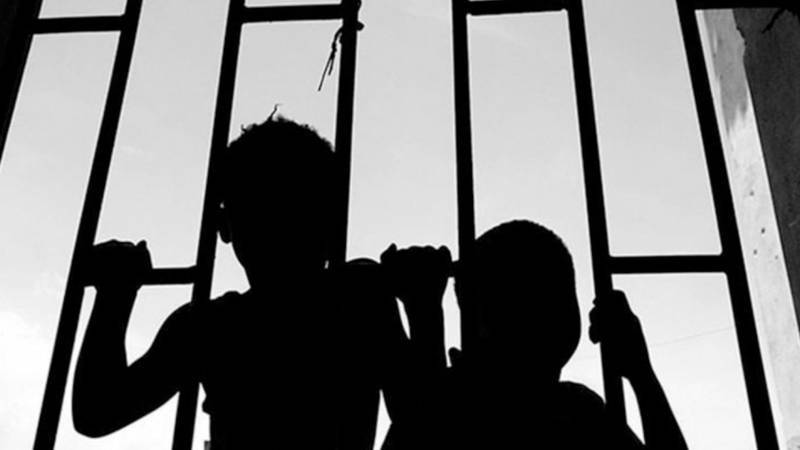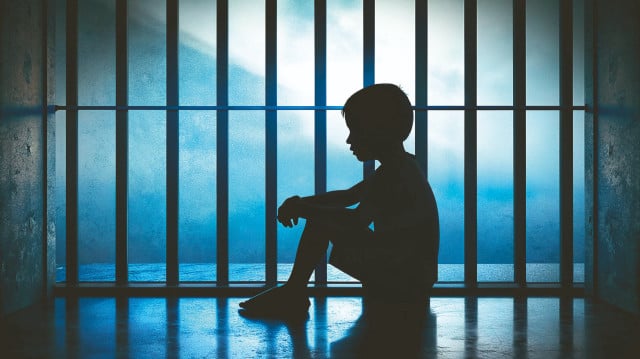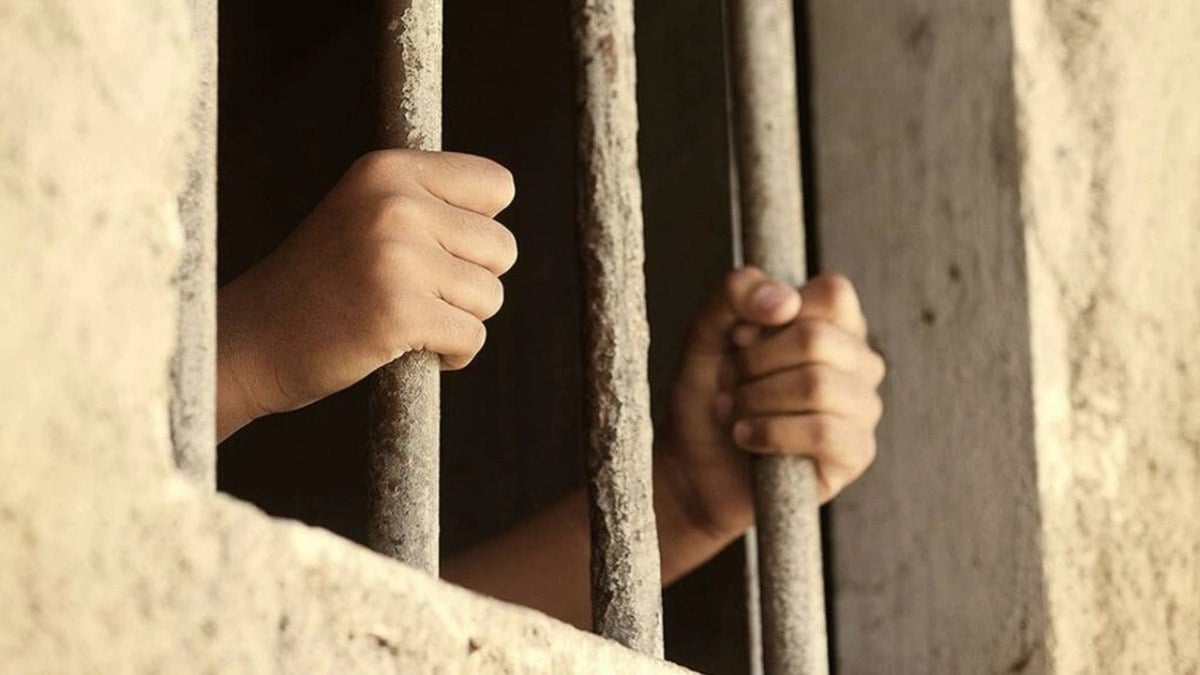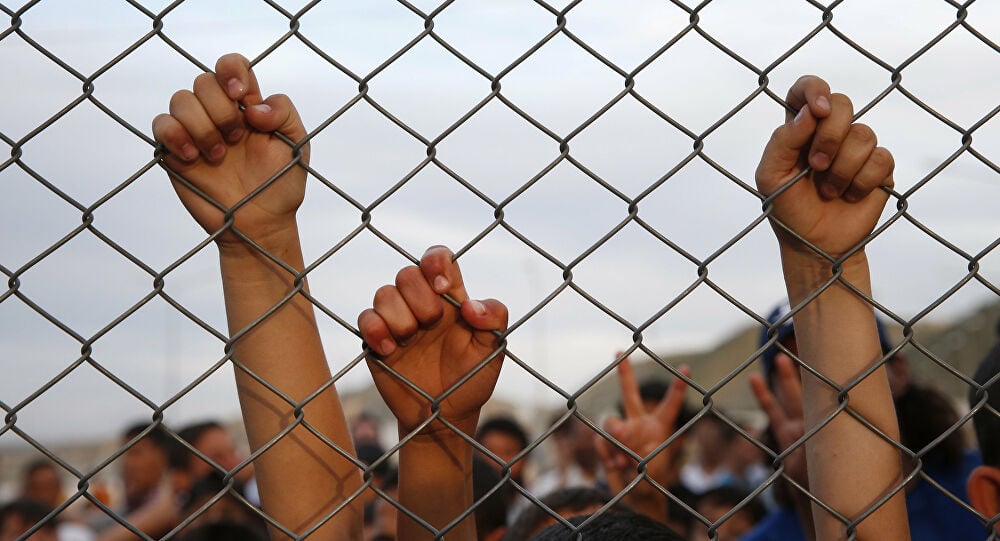New regulations for “children dragged into crime” are on the agenda: What do lawyers think?

Following the murder of Mattia Ahmet Minguzzi, the concept of "children pushed into crime" has become a topic of debate. While the mother, Yasemin Minguzzi, wants the 16-year-old perpetrator to be tried as an adult, legal experts are evaluating the issue from different perspectives. President Recep Tayyip Erdoğan has reportedly ordered increased penalties for child offenders. Rüveyda Durgut spoke with experts.
The concept of "children driven to crime" has sparked controversy following the murder of Mattia Ahmet Minguzzi. His mother, Yasemin Minguzzi, is demanding that the perpetrator not receive a reduced sentence based on his status as a child.
Minguzzi held a three-day sit-in protest in Bakırköy demanding changes to the criminal law. On the second day of the protest, which took place on July 21st, Nahide Dervişoğlu, wife of İYİ Party Chairman Müsavat Dervişoğlu, offered her support. İYİ Party Women, Family, and Social Services Chair Kevser Oflaçoğlu and İYİ Party Istanbul Provincial Chair Yücel Coşkun also participated in the protest.
Artists Gülben Ergen and Ece Seçkin also supported Minguzzi. Many mothers who had lost their children also joined the protest.

Rezan Epözdemir, the Minguzzi family's lawyer, stated that legal regulations are needed regarding children drawn into crime. Epözdemir advocates granting courts the authority to refuse sentences, particularly in cases of serious and planned crimes.
Epözdemir said, "Today, children abandoned by their families are being exploited by criminal organizations. This is a categorical and systemic problem." Epözdemir emphasized that lawmakers must implement regulations on this issue.
Drawing attention to the juvenile justice system in France, Epözdemir stated that the court is given special discretion in the planned crimes of children between the ages of 15 and 18. He said, "In France, if a child commits a planned murder, the court is not obliged to apply a reduction in sentence."
Epözdemir suggested that children involved in serious crimes be given the status of "children responsible by law," saying, "If a child can kill people at random, then he is an individual responsible by law."
Epözdemir emphasized that the purpose of criminal law is to protect society, saying, "Just because someone is poor doesn't justify killing. Criminal law deals with the nature of the act, not the motive."

Justice Minister Yılmaz Tunç announced that they will present the new judicial reform package regarding child offenders to parliamentarians. According to reports, AKP Chairman and President Recep Tayyip Erdoğan has ordered increased penalties for child offenders.
It is planned to make regulations on this issue in the new legislative year of the Turkish Grand National Assembly, which will begin on October 1.
The Eşik Platform criticized the increase in penalties for juvenile offenders. In a written statement, the platform stated, "The criminal proceedings against these children are based on different principles than those for adults."
The platform said, "The real debate is why children are not being protected and why social service mechanisms are not being activated. Harsh penalties do not protect children."
The platform emphasized that a restorative and child-centered justice system is a requirement of the rule of law, and stated that existing laws contain adequate penal provisions for children.

The Contemporary Lawyers Association has declared its opposition to legal initiatives targeting the concept of child delinquency. The association stated, "The term 'child delinquency' is a technical term used to describe a child's status in need of protection."
It was also stated, "The current government and media are turning this statement upside down, reducing children to perpetrator figures. This is ideological distortion."
ÇHD Istanbul Branch President Attorney Ezgi Önalan assessed children's involvement in violent acts as a result of social conditions. Önalan said, "No child is inherently bad. They are affected by environmental factors and a lack of social services."
Önalan said that the increase in violence among young people has very serious backgrounds, noting that children in Türkiye are often left alone and that public responsibility falls on families.
Önalan stated, "The state leaves the responsibility for child care solely to the family," adding that children are unable to access their rights to education and healthcare. He also added, "Neither children nor families can fight social decay alone."
Önalan, who argued that the new regulations to be made by the government are not in the best interest of children, gave the Ensar Foundation incident as an example and said , "The current regulations of those who do not prioritize protecting children in cases of child abuse are not for children."

Önalan emphasized that the tendency to try children as adults has resulted in traumas in Türkiye's recent history, saying, "There is an example of 17-year-old Erdal Eren being executed by the junta after his age was exaggerated."
Önalan, noting that many children are still being arrested on political charges, said, "We know which children they want to try as adults."
Berrin Sönmez stated that Türkiye has international obligations regarding children's rights, but these are not being implemented. "There is a Lanzarote Convention signed for the protection of children against sexual exploitation, but it is not being implemented," she said.
Sönmez stated that the agreement includes preventive provisions that will not only prevent abuse but also prevent children from being dragged into crime, and that even lawyers are unaware of this agreement.
Sönmez stated that the inadequacy of the education system and the lack of social policies are at the root of children's involvement in crime. He said, "Children's education rates have fallen. When distance learning became available, they easily drifted away from school."
Stating that girls are married off at an early age and boys are falling prey to cheap labor or criminal organizations, Sönmez emphasized that the state's education policies fail to protect children.
Addressing the debate over impunity, Sönmez said he understood the pain of the victims but that increasing penalties wasn't the solution. He added, "Crime shouldn't go unpunished. However, the key is to develop methods that will reintegrate children into society."
Sönmez stated that the current legal system does not evaluate children individually and that child-specific social and psychological analyses are needed.
Sonmez said:
"Judging based on age is an outdated approach. A 12-year-old child may be deeply involved in crime. A 17-year-old child may simply be involved in bad luck."
Under the current criminal law, there are special provisions for individuals who were over 15 but under 18 at the time of the crime. Crimes punishable by aggravated life imprisonment carry sentences ranging from 18 to 24 years.
Crimes punishable by life imprisonment carry sentences of 12 to 15 years. Other sentences are reduced by one-third, and the maximum sentence for each offense cannot exceed 12 years.
The court may decide to defer the announcement of the verdict for children who have been dragged into crime. In this case, the probation period does not exceed three years.
Medyascope





